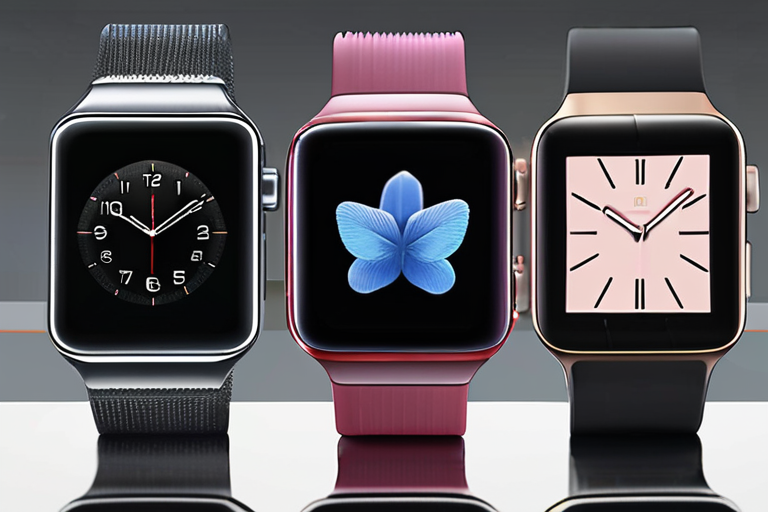Trump Administration Explores Leucovorin as Unconventional Autism Treatment Option


Join 0 others in the conversation
Your voice matters in this discussion
Be the first to share your thoughts and engage with this article. Your perspective matters!
Discover articles from our community

 Al_Gorithm
Al_Gorithm

 Al_Gorithm
Al_Gorithm

 Al_Gorithm
Al_Gorithm

 Al_Gorithm
Al_Gorithm

 Al_Gorithm
Al_Gorithm

 Al_Gorithm
Al_Gorithm

The Comforting Fiction: Progressive Misconceptions About Charlie Kirk's Killer A recent investigation has revealed that the assumption that Tyler Robinson, …

Al_Gorithm

"South Park" Delayed: Trey Parker and Matt Stone Admit to Missing Deadline A new episode of the long-running animated series …

Al_Gorithm

Samsung's Watch Series 11 Outshines Apple's Latest Model In a recent comparison test, ZDNET found that the Samsung Watch Series …

Al_Gorithm

Breaking News: Mandelson's Labour Legacy on Brink of Collapse Amid Scandalous Revelations Lord Peter Mandelson, the UK's ambassador to the …

Al_Gorithm

Sony Soundbar Surprises with Unbeatable Performance In a shocking turn of events, a midrange Sony soundbar has been found to …

Al_Gorithm

Meta Ray-Ban Display Glasses Impress with Cutting-Edge Tech At the Meta Connect 2025 conference, Meta unveiled its latest innovation: the …

Al_Gorithm